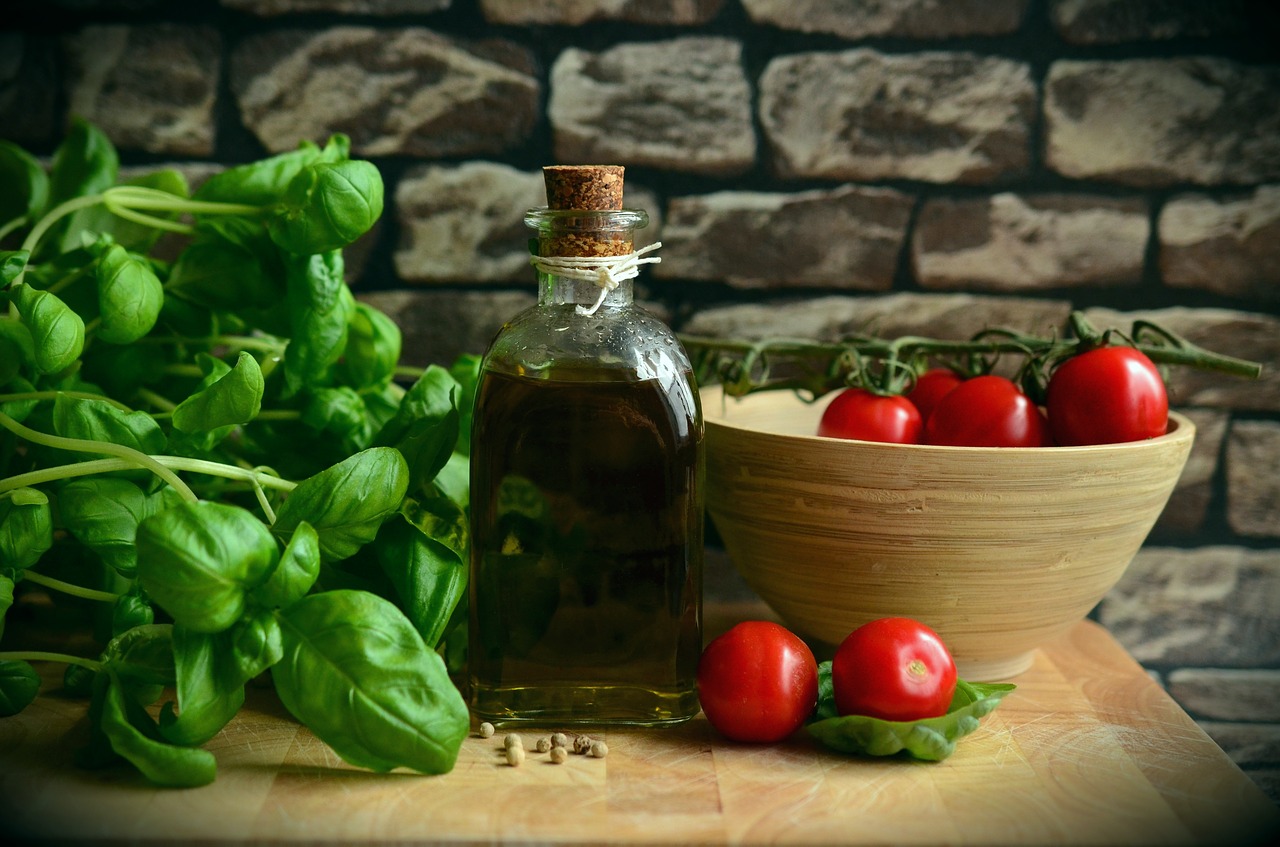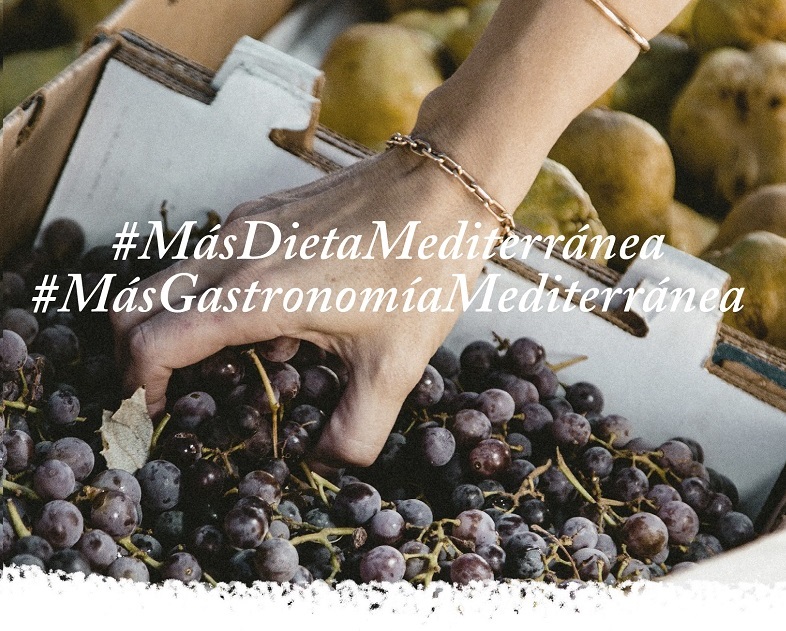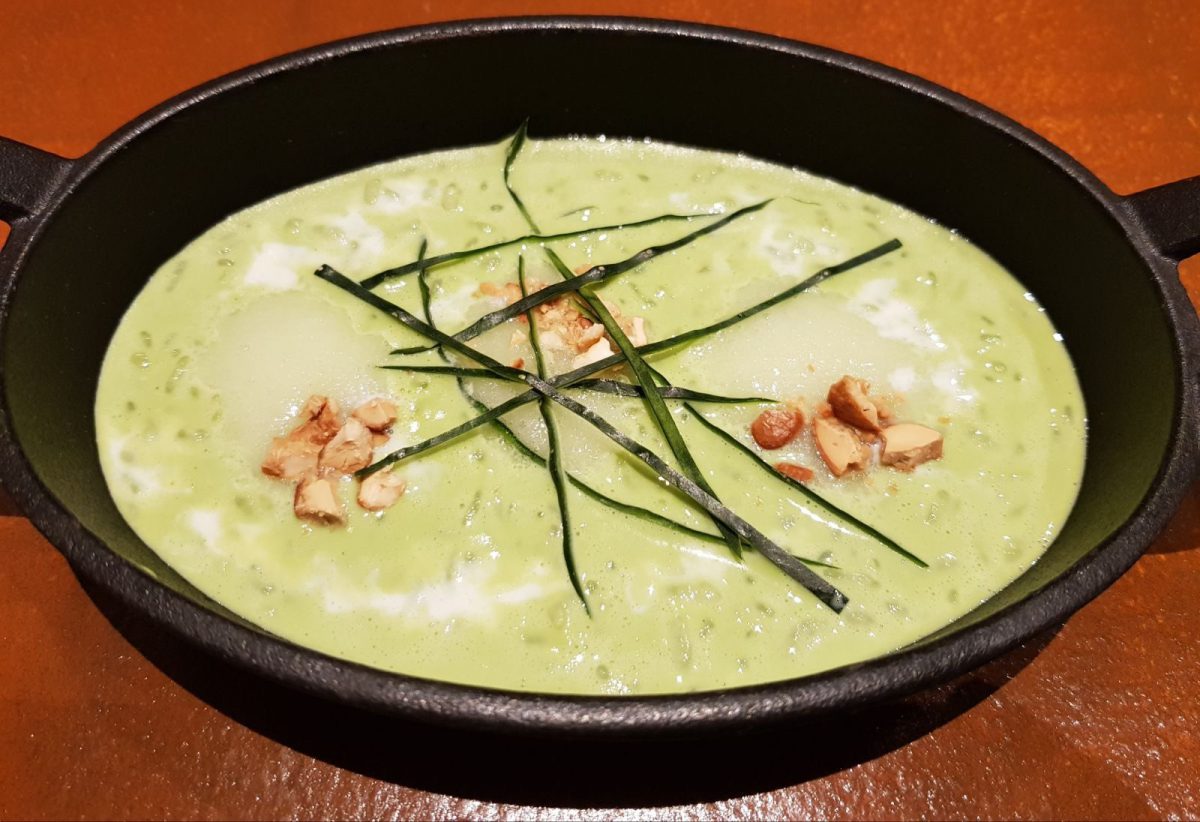
8 tips to follow the Mediterranean diet
To have a healthy lifestyle, it is essential to combine a balanced diet with physical exercise as well as having enough hours of sleep. In this sense, the Mediterranean diet has become more and more popular in recent years.
According to the Mediterranean Diet Foundation, the main highlights of this diet are; the type of fats consumed (olive oil, fish and nuts), the main nutrient portions (whole grains and vegetables as the basis of dishes and meats as ” side “) and the richness in the micronutrients found in the dishes.
Another reason to why this diet is recommended is that seasonal vegetables are used to elaborate the recipes, so ingredients are always available and are the best option on the market.
On the other hand, in 2010 UNESCO declared the Mediterranean diet as Intangible Cultural Heritage of Humanity. Health Coach Rocío Rio de la Loza, gives us 8 tips to follow this healthy diet and provides some of its main health benefits.
Mediterranean diet benefits
-Variety is crucial: According to the guidelines of its nutritional pyramid, the Mediterranean diet includes all the food groups: cereals, eggs, legumes, dairy products, vegetables and seasonal fruits, blue fish and red and white meats. This has been proved to be a healthier option compared to other diets, which exclude certain foods.
-Olive oil as the main ingredient: Olive oil is considered to be, according to the Mediterranean Diet Foundation, rich in vitamin E, beta-carotenes and monounsaturated fatty acids that give it cardio protective properties. The key is to use so-called “liquid gold” to cook healthy foods and seasoning salads or other nutritious recipes.
The Olivarero Communal Heritage Foundation presented three scientific studies, which reflect that the Mediterranean diet reduces the number of deaths of cardiovascular origin and cerebrovascular accidents, due to the use of extra virgin olive oil and nuts in recipes.
-Importance of keeping hydrated: drinking two litres of water daily (between 5-6 glasses) promotes good health and helps maintain balance. The daily-recommended water intake will depend on age, intensity of exercise performed and environment of an individual.
Exercise + balanced diet
-Perform physical exercise: it is advisable to practice any kind of physical exercise as long as it is of the right intensity for each individual. The goal is to get fit, promote a healthy lifestyle and promote weight control with a balanced diet.
-The secret of eternal youth: according to the British Medical Journal, a diet like the Mediterranean diet favours longevity thanks to the antioxidant properties of its food. In addition, this healthy diet reduces the risks of cancer and improves cardiovascular health.
-Easy recipes: traditional cuisine is the base of Mediterranean diet, combining healthy products to make easy but very nutritious recipes. It is not essential to live by the Mediterranean to follow this diet, since these foods can be purchased all over the world. Even the less experienced will be able to prepare a vast range of delicious dishes.
Overweight
-Prevents obesity: for this reason it is advised that the Mediterranean diet is part of your lifestyle since childhood. This diet is a healthy habit that promotes weight control and reduces the risk of being overweight throughout both childhood and adulthood.
–Favours pregnancy: the Mediterranean diet, according to a study performed by the University of Navarra, increases fertility and therefore the chances of women becoming pregnant. After more than six years of follow-up, women who followed a Mediterranean diet had to visit the doctor 44% less due to problems getting pregnant.
Rocío Rio de la Loza, Health Coach, explains that it also reduces blood pressure, high cholesterol, asthma, helps fight Parkinson’s and Alzheimer’s and avoids insulin resistance, beside reducing depression, improving Rheumatoid arthritis and increasing life quality as well as helping with chronic diseases. This diet is ideal for people of all ages, vegetarians and even for gluten intolerant individuals.




